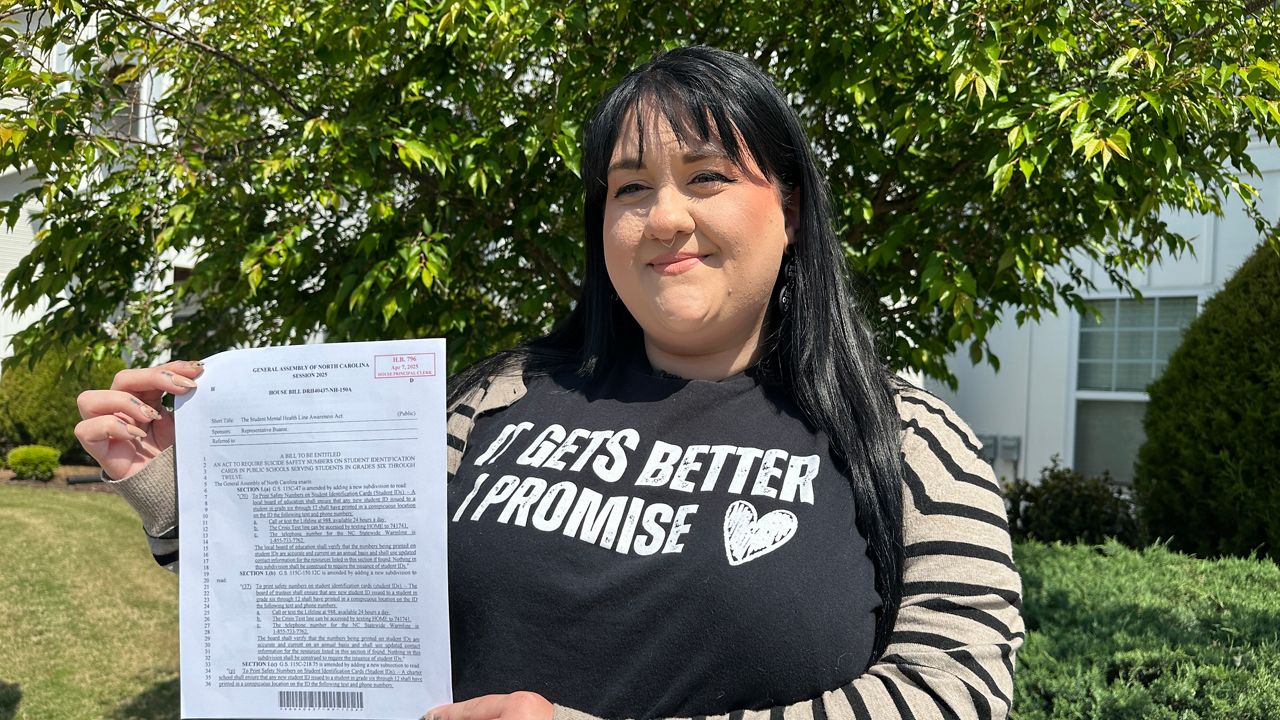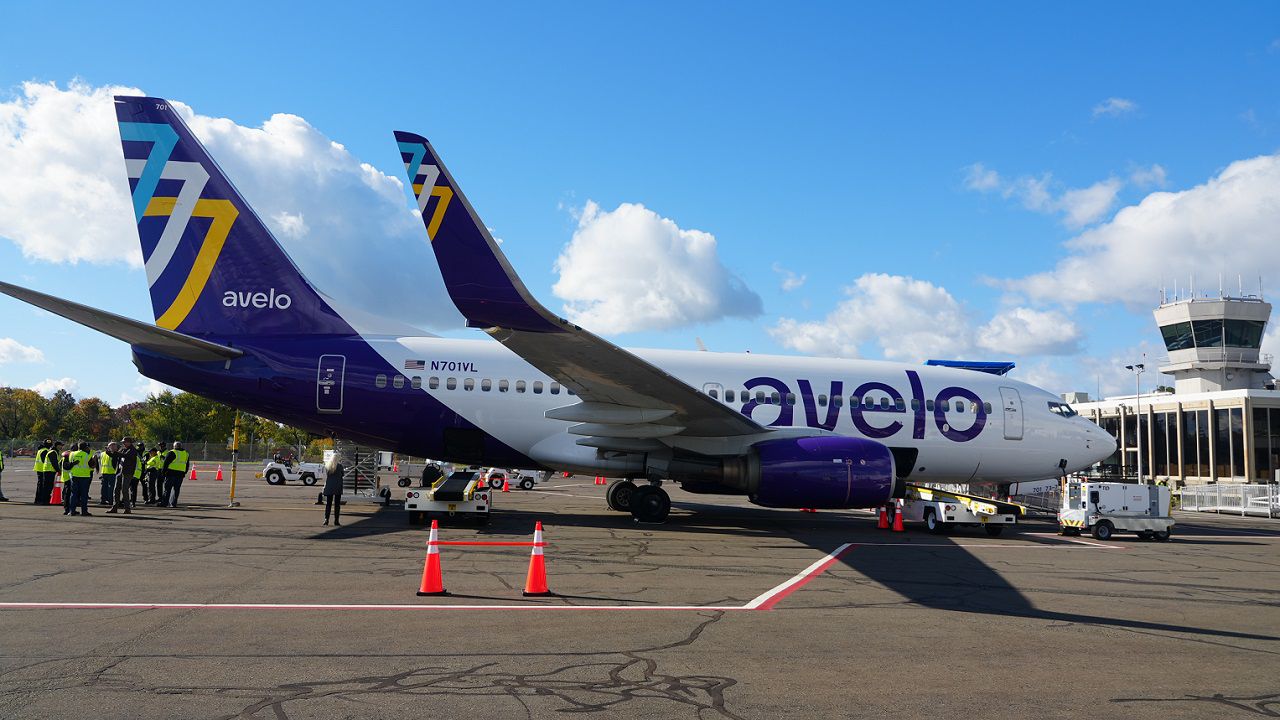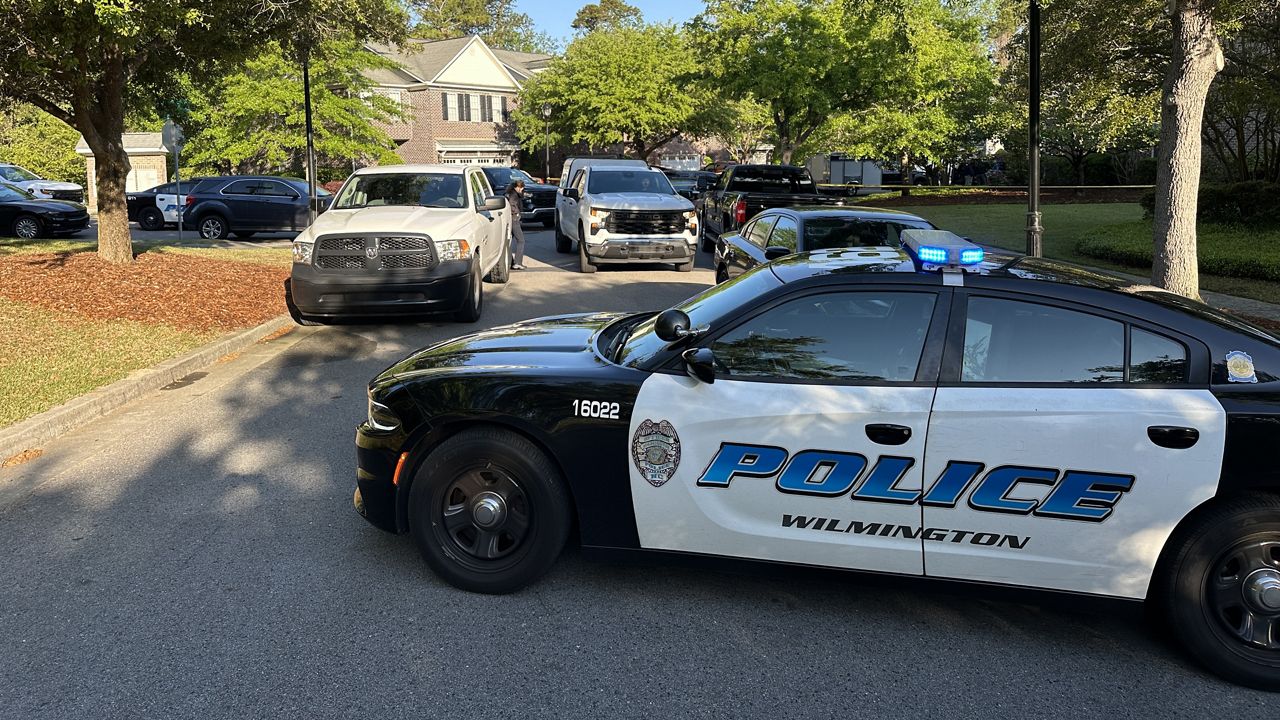GASTON COUNTY, N.C. — A North Carolina business is already preparing for possible impacts from new tariffs.
Sal Mendoza-Santos is a parts manager for Speed Street Collision Center, a family-owned and operated business in Lowell.
“We're a factory certified collision center,” Mendoza-Santos said. “Any collision needs you may have we do them and are certified within them, Tesla, Nissan, things of that nature.”
Like many businesses, Mendoza-Santos is monitoring what’s happening with possible new tariffs involving automobiles.
Last week, President Donald Trump imposed 25% tariffs on goods shipped to the United States from Mexico and Canada.
After talking with automakers, the Trump administration announced a temporary pause on those tariffs, particularly auto goods.
"We spoke with the big three auto dealers. We are going to give a one-month exemption on any autos coming through The United States-Mexico-Canada Agreement," White House press secretary Karoline Leavitt said.
But new tariffs are expected to go into effect April 2, which has some experts questioning the possible impact on auto industries.
“The average price of a new car will go up anywhere from $4,000 to $10,000,” Carfax Editor-in-Chief Patrick Olsen said. “A lot of cars right now are built in Canada and Mexico and brought to the U.S. for sale."
Higher costs for new cars could result in more people investing in vehicles they already purchased.
Mendoza-Santos said the price surge might actually lead to businesses like Speed Street Collision Center experiencing a boost in customers.
“I feel like you’re still going to see new vehicles being purchased even with tariffs increasing. But because they’re increasing, I do believe we’re probably going to see more customers. Instead of getting new vehicles, [customers keeping] the vehicles they’re in and repairing those,” Mendoza-Santos said.
But increased tariffs could pose challenges for auto industries.
"There's a couple ways it could impact this industry," Mendoza-Santos said. "It could be availability of parts, logistical aspects of getting parts or any pieces needed for the vehicle [like] bumpers, headlights, sensors, whatever it may be. [If] tariffs go up, these parts are going to get more expensive.
“How much more is it going to cost for the customer [or] insurance company. That could impact the industry in the amount of time it takes to repair a vehicle."
Mendoza-Santos says the collision center is being proactive in preparation for any possible changes.
"Trying to really plan ahead and checking availability of parts,” Mendoza-Santos said. “For example, you come in for an estimate or repair, we’re going to call the dealer and make sure there’s no back order on the part so we can get you in and out as quick as possible.”
Mendoza-Santos is encouraging people to learn about any potential new tariff and the impact it could have on their car service needs.
"Do your research and be prepared that if you do get into an accident or if it’s your maintenance, there could be possible changes. Act fast and before anything happens. If you want to fix [your vehicle] start now,” Mendoza-Santos said.












